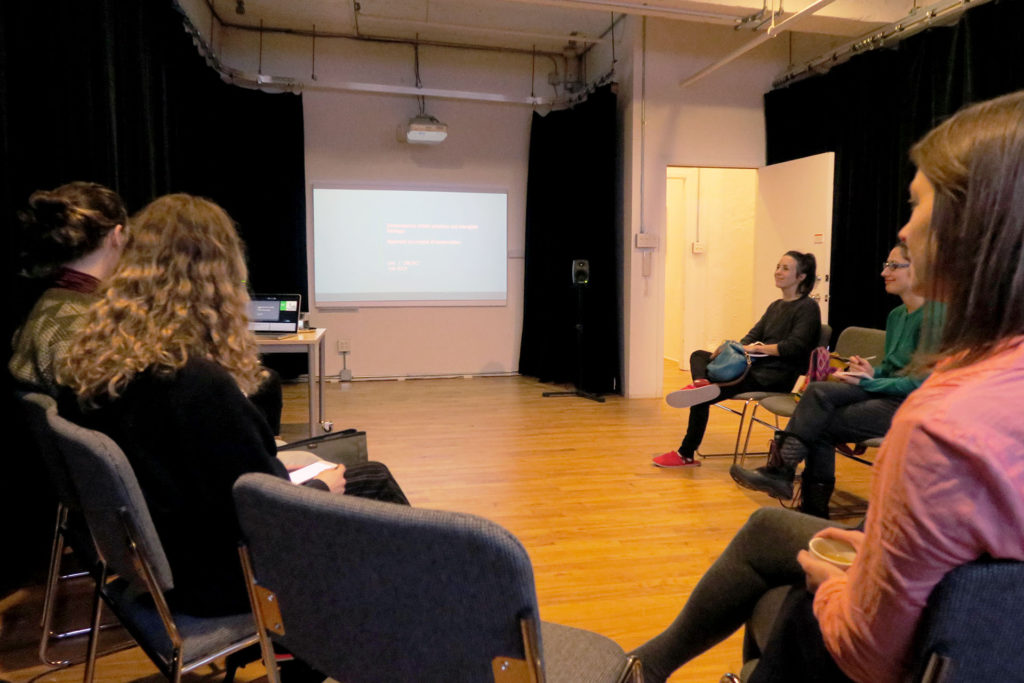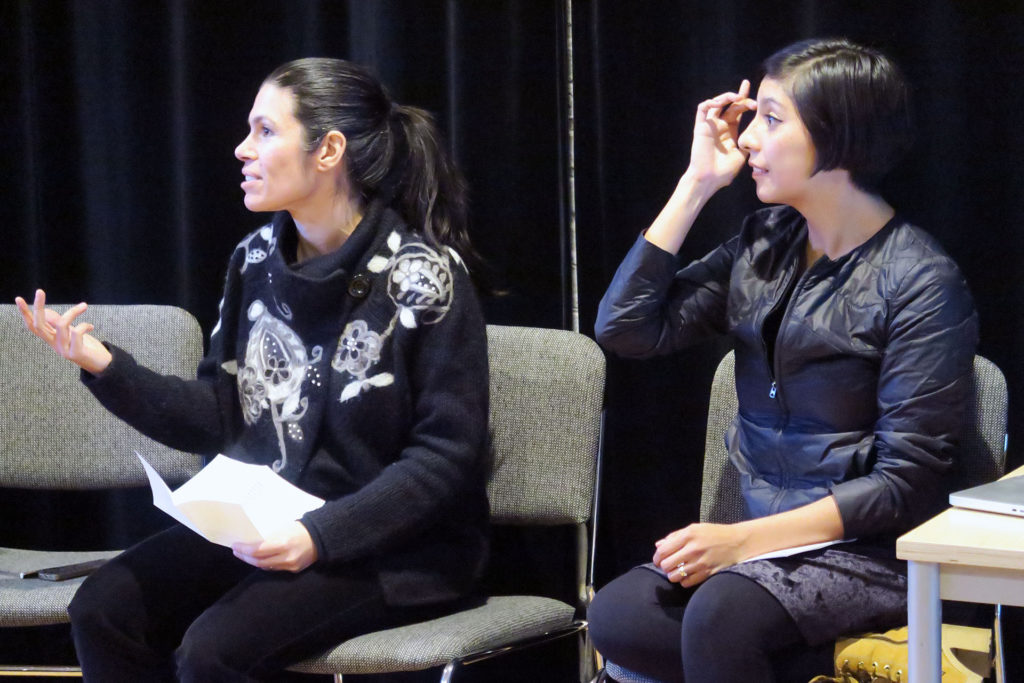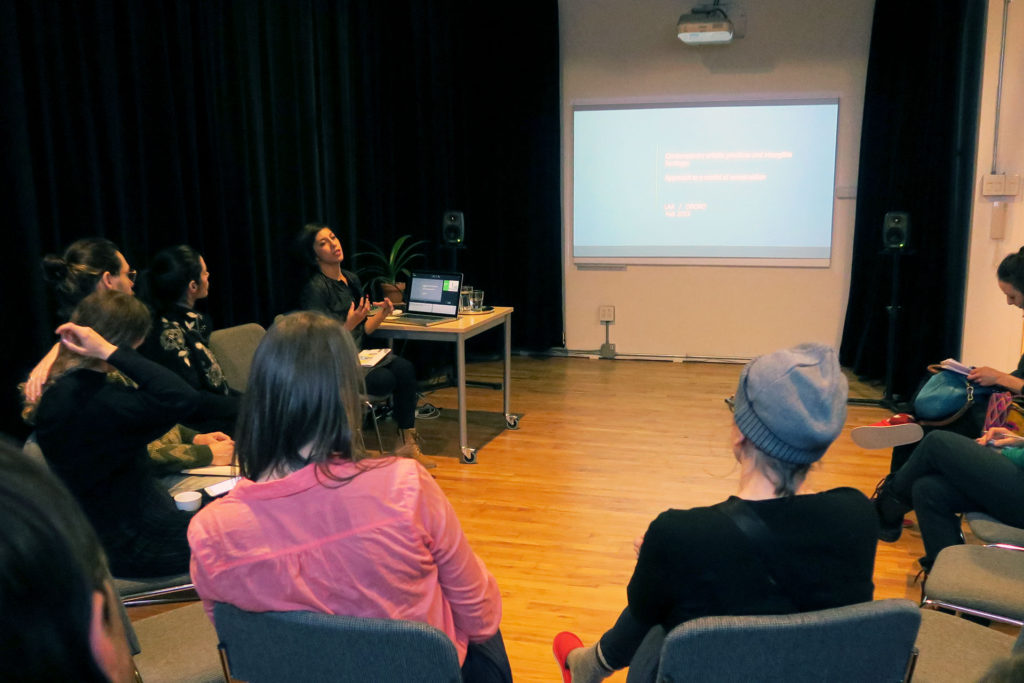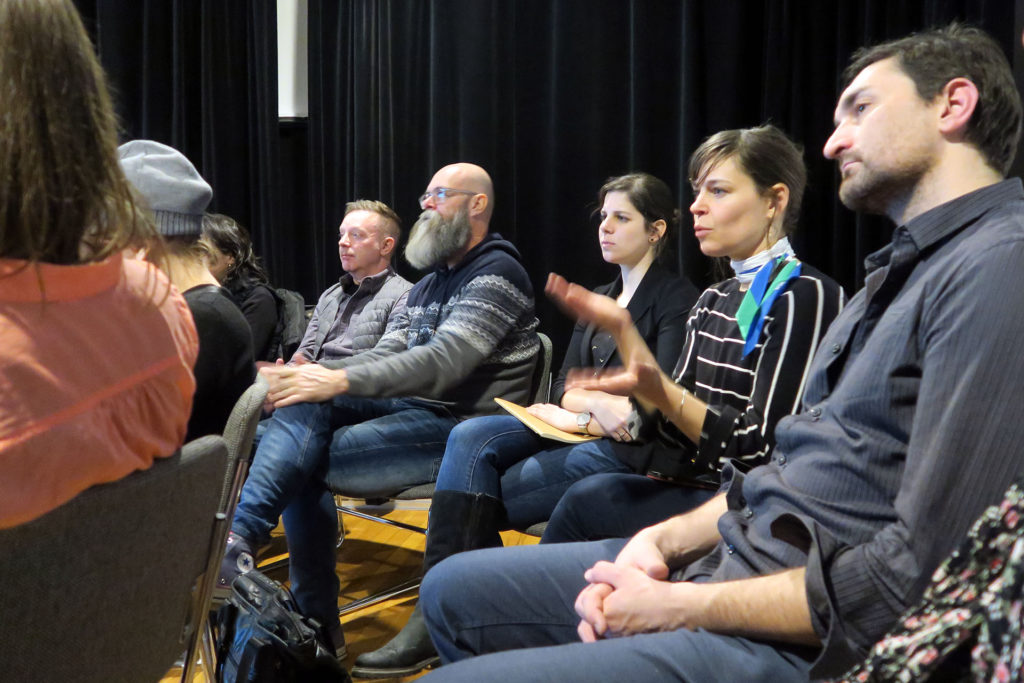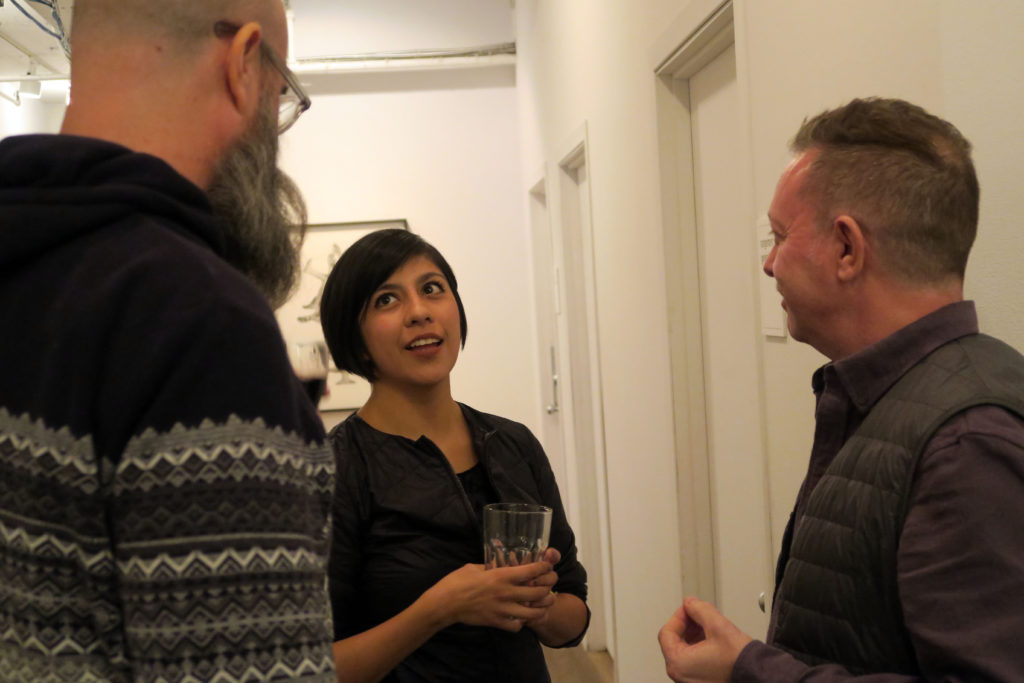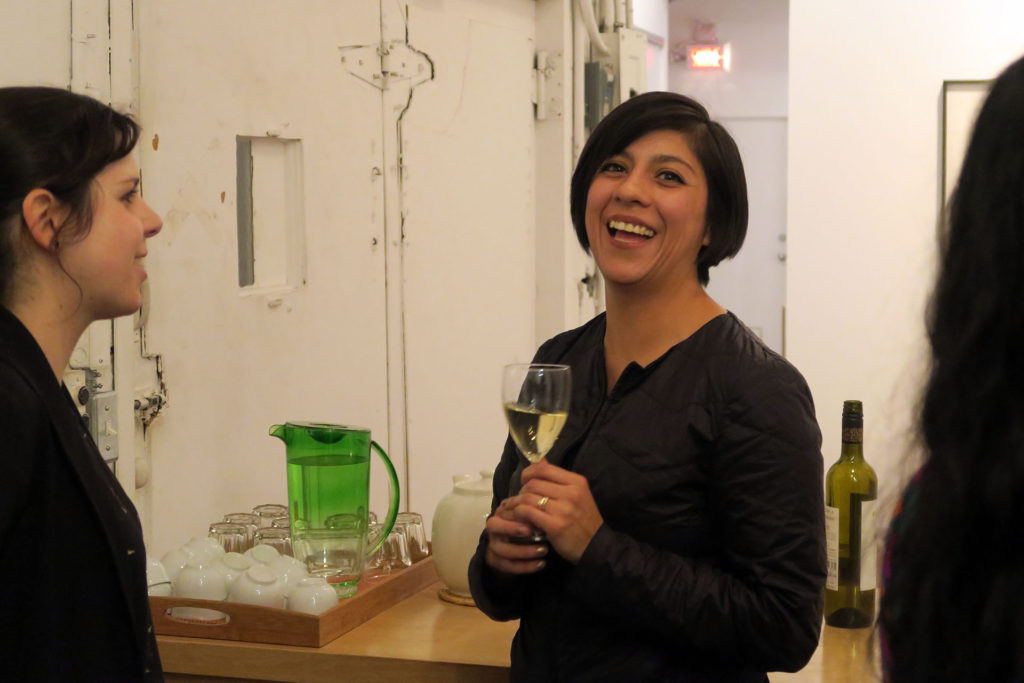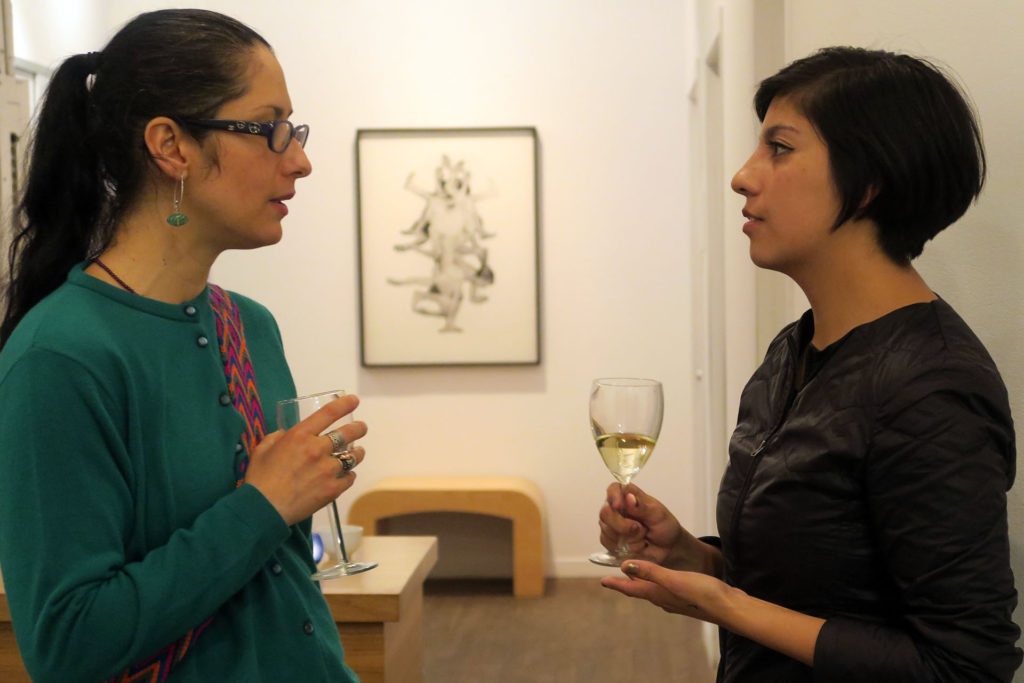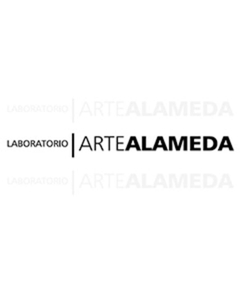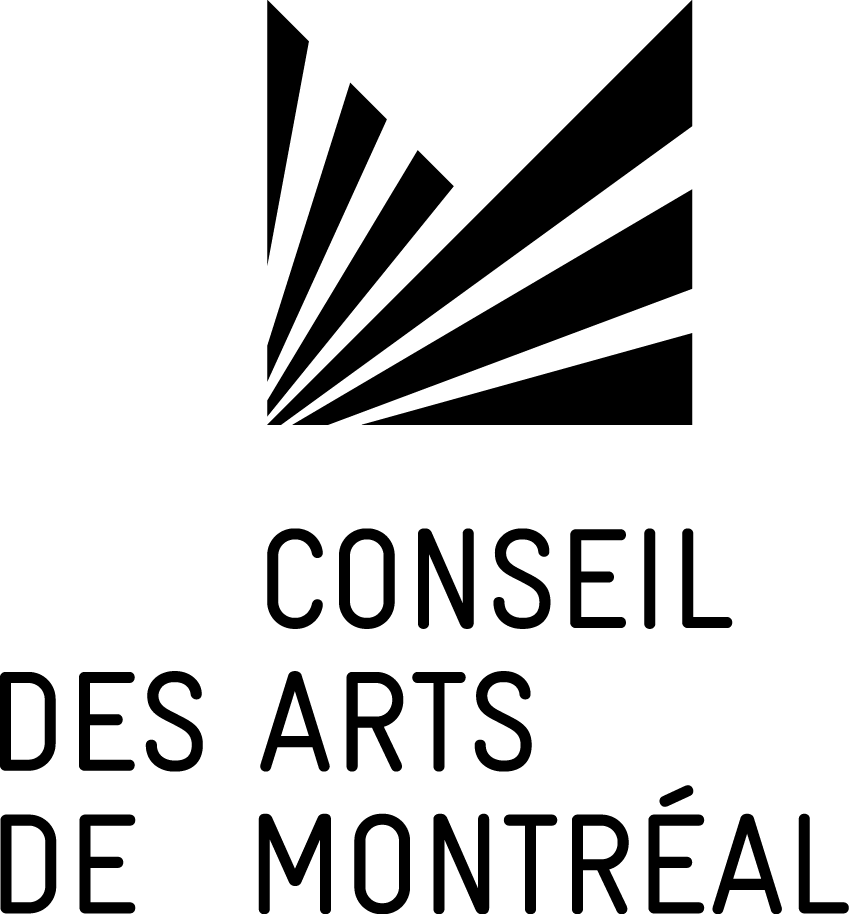Paola GallardoContemporary artistic practices and intangible heritage
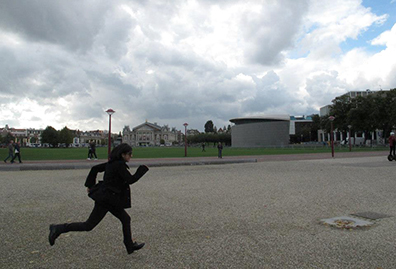
I. Carraro, 2012
M&M Residency in Montreal
February 4 to March 5, 2019
Public presentation
February 21, 2019 at 5 p.m.
In collaboration with the Laboratorio de Arte Alameda and the Conseil des arts de Montréal
Contemporary artistic practices that make use of unstable matter such as light, sound, mechanical, electronic technologies, etc. share peculiarities with the intangible heritage that are of great importance for the present investigation: the permanence/existence of the works defined by the time/space where they are made/displayed; the re-adaptation (update) to changing contexts and technologies and, finally, the active participation of the creator-user as a means of activating or propagating them.
Due to the transitory capacity of these practices, it becomes essential to rethink the preservation processes by which they will be kept alive, the period of permanence, the supports and most appropriate means to document them and finally establish an approach with the communities involved (creators/users) to maintain the values (and traditions) that give meaning to these practices.
The goals of the M&M Curatorial Research Residency Program are to encourage dialogue and the sharing of knowledge and to instigate a means of creation and exchange between the active players of the contemporary art milieu in two major poles of contemporary art in North America. While allowing curators in Montreal and Mexico – established or emerging – to put forward ideas, concepts and innovative initiatives in current art, this program will act as a strategic platform for bridging the two communities together.

I. Carraro, 2012
Paola Gallardo is Deputy director at Laboratorio de Arte Alameda. She holds a Bachelor degree in Social Communication with a specialty in Video Art at Universidad Autónoma Metropolitana (UAM), Campus of Xochimilco. She also holds a specialty in Museography at the School of Conservation, Restoration and Museography Manuel del Castillo Negrete at the National Institute of Anthropology and History (INAH).
